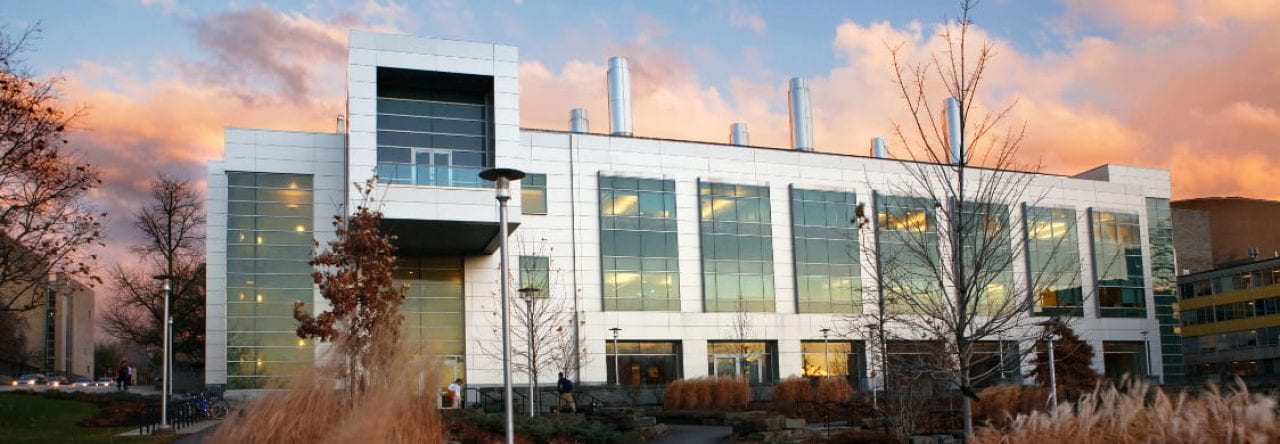Matthew Charles Reid
Assistant Professor
Environmental Engineering
Biography
Matthew Reid joined the Cornell CEE faculty in July, 2016. He received his Ph.D. in Civil and Environmental Engineering from Princeton University in 2014 and a B.A. in Chemistry from the University of Chicago in 2004. From 2004 – 2006 he taught high school chemistry with the U.S. Peace Corps in Karatu, Tanzania. Upon returning to the United States, he began working in the environmental sciences as a laboratory technician in chemical oceanography at Lamont-Doherty Earth Observatory. Since 2014, he has worked as a postdoctoral scientist at the Swiss Federal Institute of Technology (EPFL) in Lausanne, Switzerland, on microbially driven arsenic cycling in rice paddy soils.
Research Interests
Reid is interested in the use of engineered and managed ecosystems as sustainable tools for water quality protection. His research is focused on the coupled biological, chemical, and physical processes that govern contaminant fate in soils, and on how these natural processes can be harnessed to preserve water quality and reduce greenhouse gas emissions from nutrient cycling. He addresses these problems primarily through well-controlled experiments in model systems and a combination of analytical approaches from environmental chemistry, microbiology, and modeling. Current projects include: 1) Microbial cycling of arsenic in rice paddy soils and implications for arsenic uptake into rice plants, 2) Nutrient dynamics and greenhouse gas emissions in on-site, soil-based wastewater treatment systems, and 3) Characterizing coupled biological and physical-chemical controls on nitrous oxide emissions from engineered wetland soils.
Teaching Interests
The systematic and critical problem solving skills developed through science and engineering education provide an excellent foundation for any future pursuit. Reid’s teaching seeks to cultivate these skills through active, problem-based learning that encourages students to apply fundamental scientific concepts to complex environmental problems. Reid also has a special interest in engaging young scientists and engineers in applied water resource issues, as well as instilling principles of environmental stewardship and sustainability.
Reid teaches ENGRI 1130: Sustainable Engineering of Energy, Water, Soil, and Air Resources and CEE 6570: Biological Processes.
Service Interests
Reid is a member of the American Geophysical Union and the Geochemical Society, and is a reviewer for several academic journals.
Selected Publications
- Influence of Manganese Abundances on Iron and Arsenic Solubility in Rice Paddy Soils. SC Maguffin, L Abu-Ali, RV Tappero, J Pena, JS Rohila, A. McClung, and MC Reid. Geochimica et Cosmochimica Acta, 2020
- Nitrous Oxide and Methane Dynamics in Woodchip Bioreactors: Effects of Water Level Fluctuations on Partitioning into Trapped Gas Phases. PM McGuire and MC Reid. Environmental Science & Technology, 2019, 53, 24, 14348-14356
- Arsenic methylation dynamics in a rice paddy soil anaerobic enrichment culture. MC Reid, J Maillard, A Bagnoud, L Falquet, P Le Vo, and R. Bernier-Latmani. Environmental Science & Technology, 2017, 51, 18, 10546-10554
- Global methane emissions from pit latrines. MC Reid, K Guan, F Wagner, and DL Mauzerall. Environmental Science & Technology, 2014, 48, 15, 8727-8734
- Direct measurements of methane emissions from abandoned oil and gas wells in Pennsylvania. M Kang, CM Kanno, MC Reid, X Zhang, DL Mauzerall, and M. Celia. Proceedings of the National Academy of Sciences, 2014 111 (51) 18173-18177
- Gas-phase and transpiration-driven mechanisms for volatilization through wetland macrophytes. MC Reid and PR Jaffé. Environmental Science & Technology, 2012, 46, 10, 5344-5352
Selected Awards and Honors
- Marie Curie International Postdoctoral Fellowship (EPFL) 2014
- Science, Technology, and Environmental Policy Fellow (Princeton University) 2011
- New Jersey Water Resources Research Institute Award 2010
- National Science Foundation Graduate Research Fellowship 2008
- Gordon Y.S. Wu Prize in Engineering (Princeton University) 2008
Education
- BA (Chemistry), University of Chicago, 2004
- Ph D (Civil and Environmental Engineering), Princeton University, 2014





